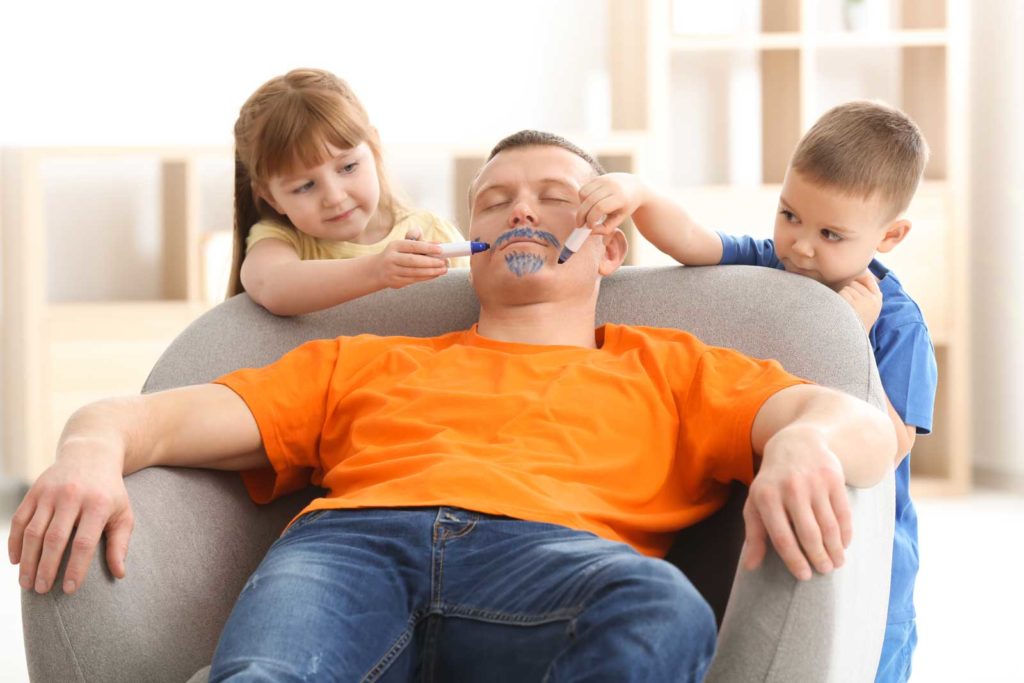Finally, you’re back home! You might feel some pain, swelling or discomfort. Don’t worry, it’s normal. Your bone fracture was repaired thanks to the application of plates and screws used in orthopedic surgery. It might help to rest your limb on a pillow, and this will probably reduce your pain. If it’s not enough, don’t be afraid to tell your parents. They may have something else that can help you – an analgesic, for instance.
You may need crutches at first, but it shouldn’t be long before you’re able to move again without them. It’s important that you listen to your doctor’s instructions and parents’ advice: it will help you get better faster.
From the outside, people won’t see that you have orthopedic plates and screws healing your bone fracture. Imagine it like a secret superpower! You can decide who to tell that you have it… Choose wisely!
If you are scared about what you can or can’t do, just ask your parents and your doctor. It’s important to ask any questions you may have and share with them how you feel.
Here are a few tips to be shared with your parents. Always follow the instructions of your pediatric orthopedic surgeon.
Do’s
Restwhen you feel tired.
Prop up your injured limb and ask your parents to put ice on it when it’s swelling or painful. Try to keep it above the level of your heart.
Get enough sleep. It helps you to recover faster.
Increase your mobility as recommended by your orthopedic surgeon, care team and/or physiotherapist. Being active boosts your blood flow and helps prevent pneumonia and constipation.
Collaborate with your parents in keeping your incision clean and covered.
Pay attention to any nasty odor. It could be a sign of infection. Inform your parents about it.
Eat what you like but remember to include vegetables and fruitevery day.
Do exercises as instructed by your physiotherapist.
Dont’s
Don’t put on weight on the injured limb at first. Always follow the instructions of your pediatric orthopedic surgeon and physiotherapist.
Don’t shower for 1 or 2 days after surgery. When you do it, keep your incisions and dressing dry. If you have a cast, tape a sheet of plastic to cover it so it does not get wet.
Do not take a bath or a soak; do not swim until your incision is healed. This will usually take 1 to 2 weeks.
Don’t ignore fever. A high temperature could indicate an underlying condition that requires medical attention. Inform your parents about it.
 Share on facebook
Share on facebook
 Share on twitter
Share on twitter
 Share on linkedin
Share on linkedin
 Share on email
Share on email

